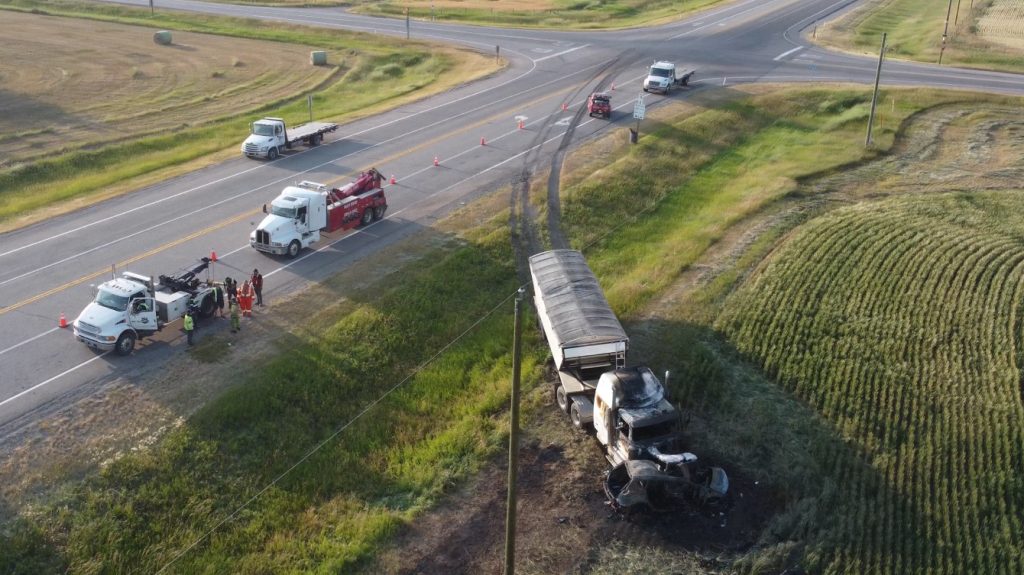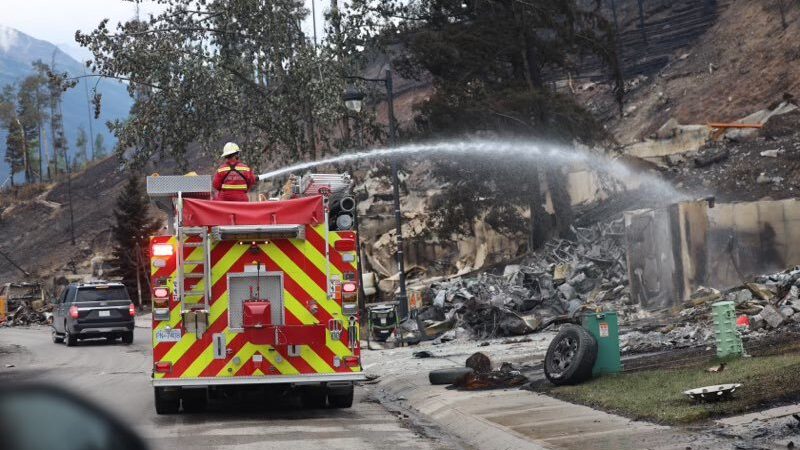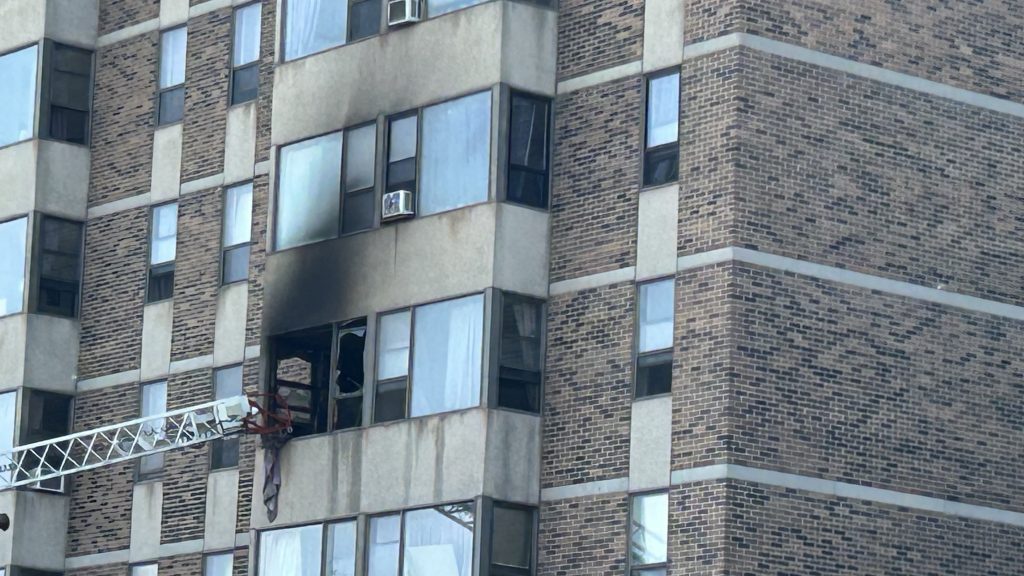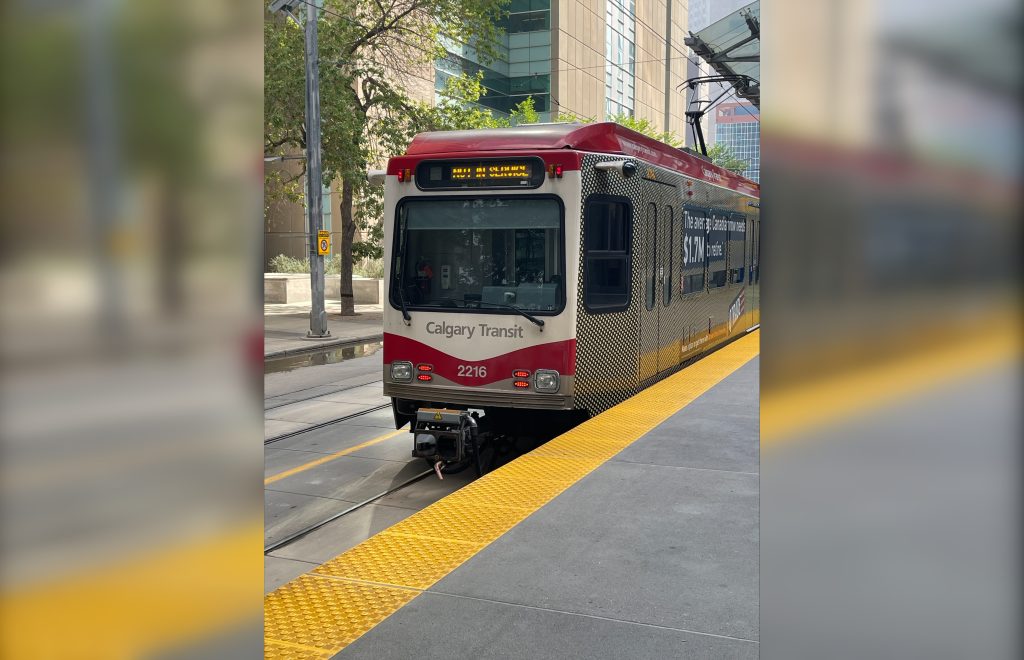Alberta’s safe spaces must be preserved in debate over transgender, gender identity rights: advocate
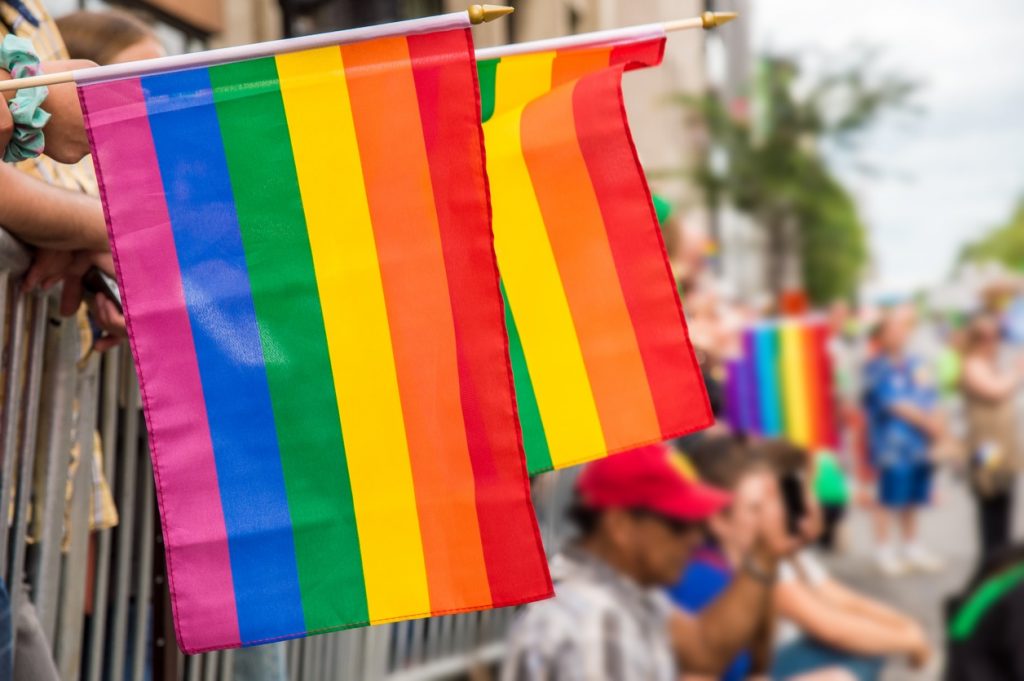
Posted Feb 6, 2024 12:27 pm.
Alberta’a approach to healthcare, education, and inclusion of transgender youth has been a hot topic with no shortage of opinions when it comes to their rights.
CityNews is speaking with a local advocacy group who says no matter where you stand on the issue, safe spaces can’t be in question.
There’s no question that Albertans stand divided on who should have the final say when it comes to pronoun changes in schools, and whether kids should be able to access puberty blockers or gender-affirming hormone therapy.
But, according to Lindsay Peace with Skipping Stone, a local advocacy group that offers support to transgender, non-binary, and gender-diverse Albertans, it’s not the labels that are important, but rather the support for anyone questioning, exploring, or looking to affirm their gender identity or expression.
“We have a group specifically for kids under 12 — it’s called ‘Big Hearts’ — and they get together and do crafts and read stories and talk about it,” she said. “To try on different names, to try different pronouns, to give folks of all ages the space to really do some self-reflection and really try on different things and see what fits and what doesn’t.”
Peace says it’s important that trans youth and their families have a safe and judgement-free space, where they can come together with allies and just “be” without having to justify.
“Any professional in this sphere would be looking to include parents, looking to include families, because this is about the family, it’s something that affects everybody,” she explained.
Peace says gender identity and expression is a complex issue that affects more than jus the person exploring or questioning where they stand personally, and she fears that Alberta’s approach to the healthcare, education, and inclusion of transgender youth may be dividing families.
“We have groups for parents and caregivers, for partners of, we have ongoing workshops, we do an I.D. clinic every month to help folks change their name and gender marker,” she said. “We have queer classroom which is for kids 12 to 18 who, again, just get together and just kid of be kids.”
She adds it’s usually at school where kids start to explore their own personal identity apart from their parents and siblings, and it’s often the parents who need added support.
Peace explains there has to be an effort made not to create the divide between parents and their kids.
“Kids come here knowing, they’ve thought about it for years, they’ve talked with their friends, they’ve talked about it at GSA’s at school and the parents are often like ‘Whoa!’ she said. “[They’re] often blindsided and so really, just trying to support the parents and meeting them where they’re at, kind of doing the heavy lifting for them so they can catch up to their kids and support the kids.”
